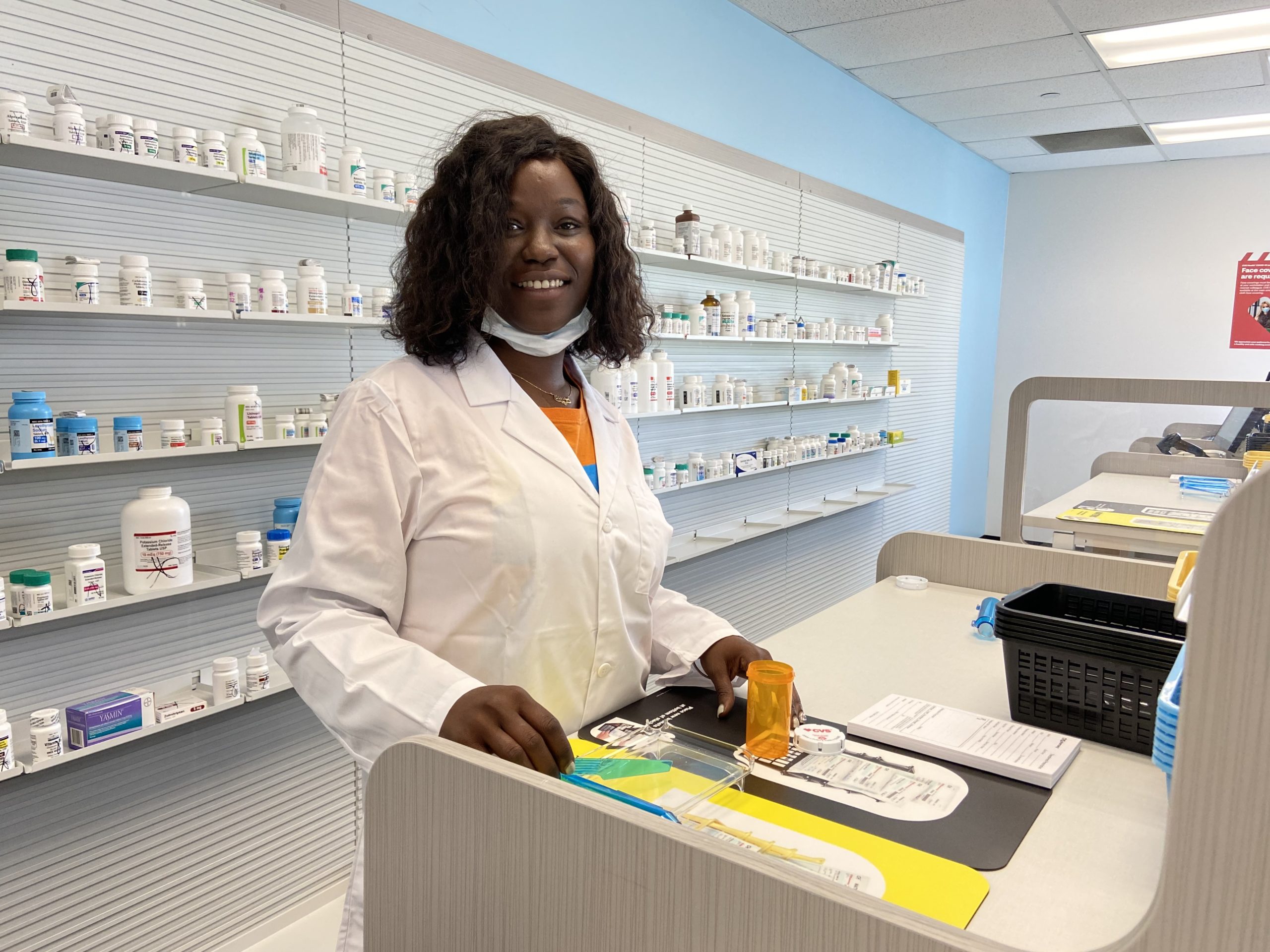You know that feeling when you’re patiently standing to the side as your prescription is filled at the pharmacy.
Or, waiting to hear whether your insurance company will cover the medicine your doctor just ordered for you.
Or, visiting the drive-thru late at night to buy the right remedy for a loved one sick at home.
All of these scenarios rely on the skills of a workforce dedicated to helping Americans have a better quality of life. Individuals who have the enormous responsibility of dispensing prescription medication to customers or health professionals…in a precise and often fast timeframe. They work in pharmacies, including those found in drug stores, big box retailers, grocery markets, and in hospitals, as well as mail-order fulfillment centers. With increased demand in medications, especially as our society ages, so will the demand for pharmaceutical goods and services.
To meet the rising need for pharmacy workers (with a projected job growth average over the next ten years of four percent*), JEVS Human Services began a pharmacy tech training program to feed the talent pipeline. The program prepares students to become Certified Pharmacy Technicians through classroom instruction, 165 hours of training, and job placement assistance. Serving more than 25,000 program participants each year—representing populations such as low-income adults, veterans, returning citizens and individuals with disabilities—JEVS is well positioned to provide a diverse pool of candidates for pharmacy technician careers that constantly need filling.
JEVS’s first cohort of pharmacy technician trainees are half-way through a 10-week program, that includes online instruction, as well as hands-on practice in a mock pharmacy. Students are supported by the guidance and motivation by success coaches in the JEVS EduConnect program.
For Nasriyn M., a 31-year-old from the Germantown neighborhood in Philadelphia, the opportunity for training–which is currently at no cost thanks to grant funding from CVS–couldn’t have come at a better time.
“I had been taking classes at Community College of Philadelphia for early childhood education, but stopped when my children switched to remote learning,” she said. “I’ve done the home health care job, but it’s a lot of physical demand. This career path is very appealing.”
Nasriyn is determined and excited about this new direction in her life. She recently started a small lemonade business with her 5 and 9-year-olds and have had some success getting it into local shops. But, the idea to start a new career while she pays down her college loan debt? “Pharmacy techs are in demand, and I could go anywhere with it, she said. Once you get your foot in the door, there’s a lot of potential.”
> Interested in applying to the next class that starts in July 2021? Click here.
For Patricia, at age 50 after working the last 20 years for 9-1-1, a pivot to a new health care related profession was much needed. “I’ve been on the line with many sick, injured, you name it. I need this new career path to put my energies into helping people to get better.”
Instructor David London, who has worked for Hospital of the University of Pennsylvania for 33 years, explains “Once you learn the skill set and understand the process involved—from the time someone receives a script to the time you hand it to them—there is more than enough work for you. My students are seeing the inner workings from the other side of the counter. I’m not only covering the metric system for medicine in-depth, but the computer data system, insurance look-up, dosing/packaging, and, most of all, customer service.”
* Source: Department of Labor, Occupational Outlook Handbook
Posted in Blog Employer Services